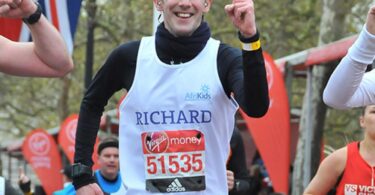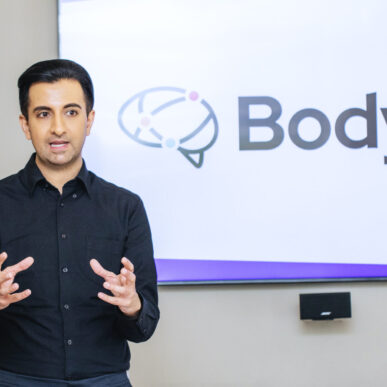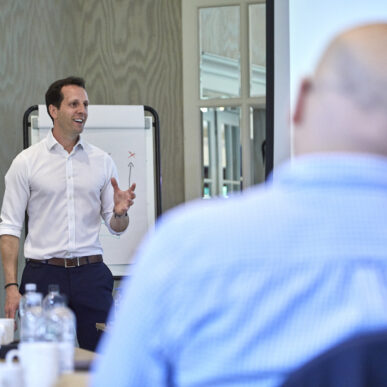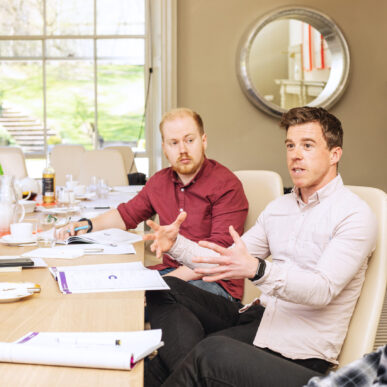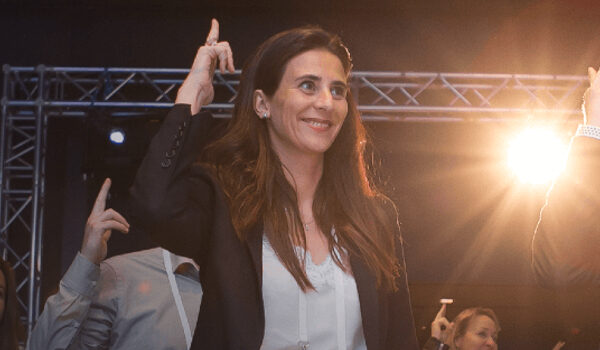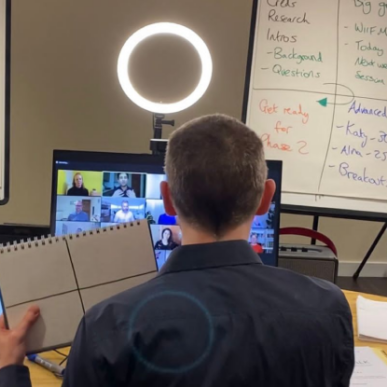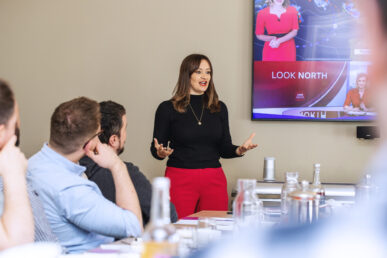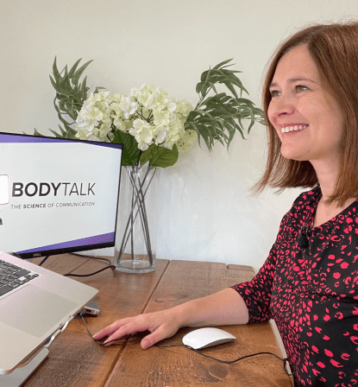The Day He Failed On Stage
You may have heard about Simon De Baene, who wrote ‘The Day I Failed on Stage’. He got a few minutes into the most important talk of his career and then forgot everything he wanted to say.
We took a look to find out what happened. He had a great subject and cared about what he was saying. Without realising, he made a series of errors that made his failure more likely.
I hope this never happens to you, so make sure you avoid these:
- He wrote his speech out word for word – unless you are using a teleprompter, this is a massive mistake. You are not writing a book, you are preparing to talk to people. Writing those words may feel comforting, to get your thoughts together, but they soon become your enemy. If I asked you to memorise a list of 2,500 items (the number of words in his speech) you would think that’s insane! How often have you forgotten the list of items you went shopping for and arrived home saying, ‘I forgot the milk!’ It is far better to tell a story linked by a few ‘trigger words’ that remind you of the key messages, rather than worrying about every word.
- He visualised failure – as he walked towards the stage he asked himself, ‘what are the worst things that could happen now?’ If you focus your mind on failure you are more likely to fail. If you think about success your mind will focus on things that will help you succeed. We cover this in more detail in our mindset training, but for now I encourage you to think ahead to an event that you are worried about and simply imagine it going well. This will give you the best chance of success.
- He practised while folding laundry – great athletes do not practise doing the 100 metre sprint while folding laundry, or doing anything that won’t happen on the day. This simply confuses your mind and will make the real event seem strange rather than ‘just as expected’. Actors often rehearse while wearing the same shoes they will use on the day, as this helps them to get in the right mindset. Practise out loud, at the right pace, wearing the right clothes, to create the muscle memory that will help you to feel natural and relaxed.
If you want to perform at your best, you also need to get specialist coaching. For example, I will be running the London Marathon in a few days time. It’s my first marathon and I am determined to do my best for the charity I care about. I’ve had specialist coaching from an expert who has run 10 marathons herself. I know the time and money will be worth it when I arrive smiling at the finish line (yes, I’m visualising smiling at the end!).
Whatever event, presentation or speech you are preparing for, I wish you all the best and hope you are smiling at the finish line too.
To learn more about how we can help you please contact our team.

